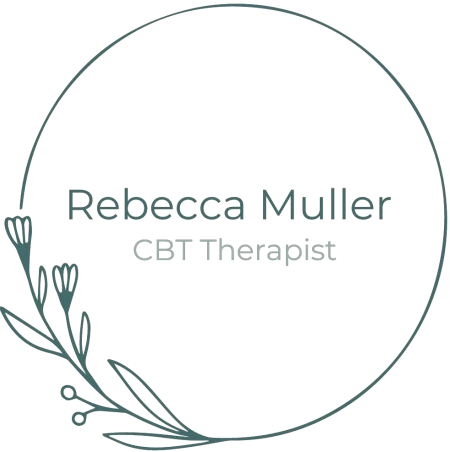Have you ever considered how the simple act of putting pen to paper could be a powerful tool in healing from trauma? As an online therapist based in North Berwick, I've seen firsthand how expressive writing can transform the lives of those dealing with traumatic experiences. Let's explore this often-overlooked technique and its potential to aid in your recovery journey.
What is expressive writing?
Imagine a space where you can pour out your deepest thoughts and feelings without fear of judgement. That's the essence of expressive writing. It's not about crafting perfect prose, but about allowing your raw emotions and memories to flow freely onto the page.
The science behind the pen
You might be wondering, "How can writing about trauma actually help?" Well, research has shown some remarkable benefits:
- Reduced symptoms of post-traumatic stress
- Improved mood and emotional well-being
- Enhanced immune system functioning
When we experience trauma, our brains often struggle to process and integrate these experiences. Writing provides a way to organise and make sense of what happened, helping to create a coherent narrative out of fragmented memories and emotions.
Getting started: Your expressive writing toolkit
Ready to give it a try? Here's a simple guide to get you started:
- Find a quiet, private space
- Set aside 15-20 minutes
- Write continuously without worrying about grammar or style
- Focus on your deepest thoughts and feelings about the trauma
- If you run out of things to say, it's okay to repeat yourself
Remember, this process can stir up intense emotions. That's normal and part of the healing, but don't hesitate to take breaks or seek support if it feels overwhelming.
A word of caution
While expressive writing can be a powerful tool, it's not a magic cure-all. It works best as part of a comprehensive approach to trauma recovery, which might include therapy, self-care practices, and other coping strategies.
Your story matters
By engaging in expressive writing, you're not just putting words on a page. You're reclaiming your narrative, giving voice to experiences that may have left you feeling voiceless. It's an act of self-compassion and empowerment.
If you're intrigued by the potential of expressive writing or are looking for support in your trauma recovery journey, don't hesitate to reach out. Everyone's path to healing is unique, and I'm here to help you find the approaches that resonate with you.
Remember, your experiences are valid, your feelings matter, and your story deserves to be told – even if it's just to yourself on the pages of a private journal. Why not pick up that pen today and see where it leads you?
